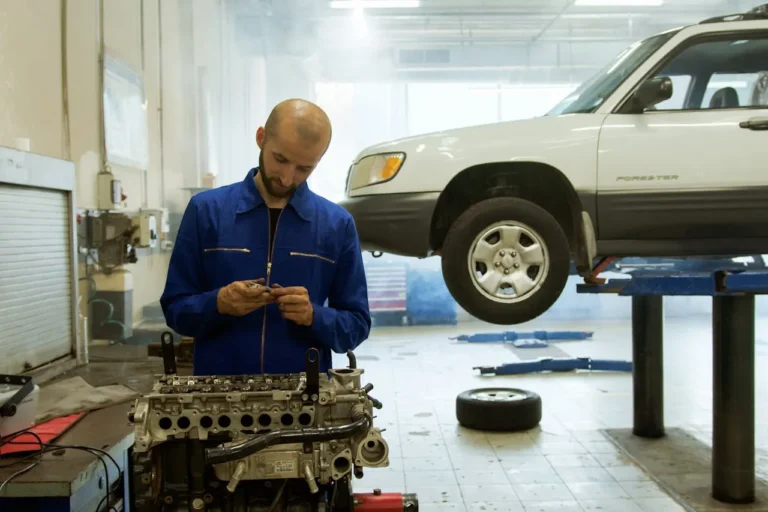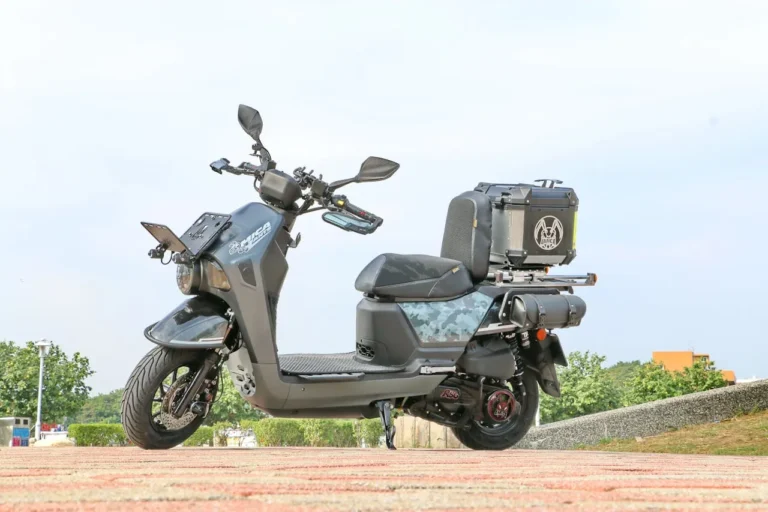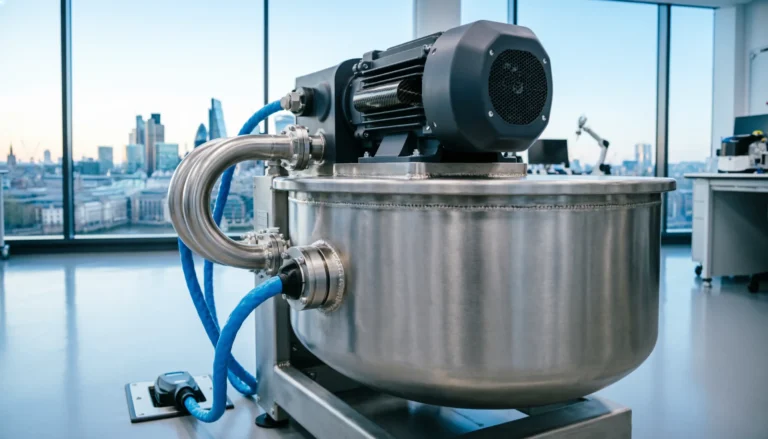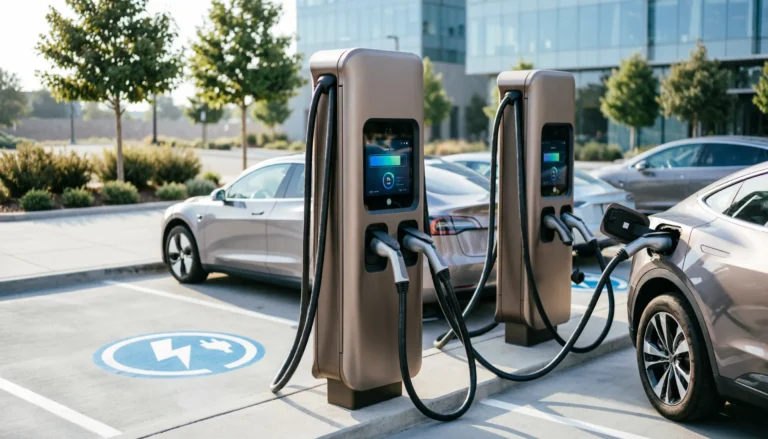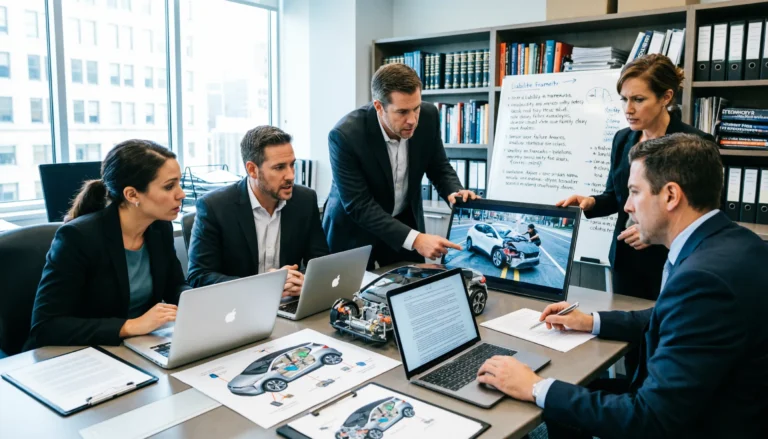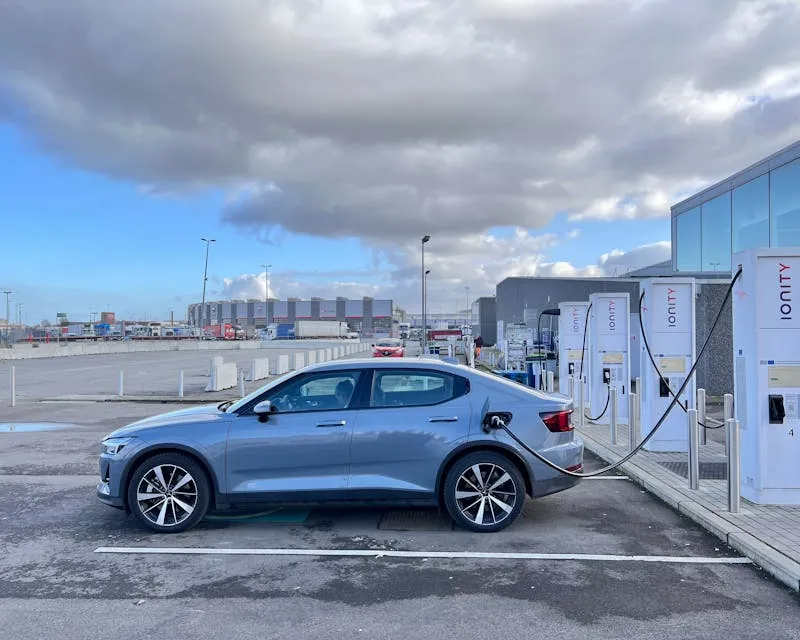
Stellantis and Zeta Energy have announced a groundbreaking joint development agreement aimed at revolutionizing battery cell technology for electric vehicles (EVs). The partnership focuses on advancing lithium-sulfur EV batteries, which promise exceptional gravimetric energy density while achieving volumetric energy density comparable to today’s lithium-ion technology. This collaboration represents a significant step forward in the global effort to enhance EV performance, affordability, and sustainability.
A Leap in Battery Technology
For consumers, lithium-sulfur batteries could translate into significantly lighter battery packs while maintaining the same usable energy as current lithium-ion batteries. This improvement could lead to enhanced range, better vehicle handling, and superior overall performance. Furthermore, the new technology is expected to improve fast-charging speeds by up to 50%, making EV ownership more convenient and practical. Perhaps most notably, lithium-sulfur batteries are projected to cost less than half the price per kilowatt-hour (kWh) of today’s lithium-ion counterparts.
“Our collaboration with Zeta Energy is another step in helping advance our electrification strategy as we work to deliver clean, safe, and affordable vehicles,” said Ned Curic, Stellantis Chief Engineering and Technology Officer. “Groundbreaking battery technologies like lithium-sulfur can support Stellantis’ commitment to carbon neutrality by 2038 while ensuring our customers enjoy optimal range, performance, and affordability.”
Tom Pilette, CEO of Zeta Energy, echoed these sentiments, emphasizing the transformative potential of this partnership. “The combination of Zeta Energy’s lithium-sulfur battery technology with Stellantis’ unrivaled expertise in innovation, global manufacturing, and distribution can dramatically improve the performance and cost profile of electric vehicles while increasing supply chain resiliency for batteries and EVs.”
Sustainability at the Core
The batteries under development will be produced using waste materials and methane, resulting in significantly lower CO2 emissions compared to existing battery technologies. Additionally, Zeta Energy’s battery technology is designed to be manufacturable within existing gigafactories, leveraging short and entirely domestic supply chains in Europe or North America. This localized approach not only reduces environmental impact but also enhances supply chain resilience—a critical factor for the EV industry.
Lithium-sulfur batteries offer a sustainable alternative by utilizing sulfur, a widely available and cost-effective material. The production process incorporates waste materials, unrefined sulfur—a byproduct of various industries—and methane. Unlike traditional lithium-ion batteries, this technology does not rely on scarce and often ethically problematic materials like cobalt, graphite, manganese, or nickel.
Supporting Stellantis’ Vision
This collaboration aligns with Stellantis’ Dare Forward 2030 strategic plan, which aims to position the automaker as a leader in carbon-neutral mobility. The company plans to offer more than 75 battery electric vehicle (BEV) models by 2030, targeting a wide range of customers with dual-chemistry battery approaches and innovative technologies.
Stellantis’ strategic plan also sets a bold goal of achieving carbon net-zero status by 2038, with only a single-digit percentage of emissions requiring offset measures. Through innovative partnerships and advanced technologies, Stellantis aims to deliver clean, safe, and affordable mobility solutions globally.
Production Timeline
The joint project will encompass both pre-production development and planning for large-scale manufacturing. The collaboration is expected to result in batteries capable of powering Stellantis’ EVs by 2030. This timeline reflects the automaker’s commitment to delivering cutting-edge technology to its customers while meeting its environmental and performance goals.
About Stellantis and Zeta Energy
Stellantis is one of the world’s leading automakers and a mobility tech company, recognized for its iconic portfolio of brands, including Abarth, Alfa Romeo, Chrysler, Citroën, Dodge, FIAT, Jeep®, Maserati, Opel, Peugeot, Ram, and Vauxhall. Its Dare Forward 2030 strategy underscores the company’s dedication to sustainability, innovation, and creating value for all stakeholders.
Zeta Energy is a technology-driven company specializing in advanced lithium-sulfur battery solutions. Its mission is to deliver high-performing, cost-effective, and sustainable batteries for the growing EV market. By collaborating with Stellantis, Zeta Energy aims to bring its pioneering technology to market on a global scale.
The Stellantis-Zeta Energy partnership marks a significant milestone in the journey toward a more sustainable and efficient EV industry. By combining cutting-edge lithium-sulfur battery technology with Stellantis’ global expertise, the collaboration aims to redefine the future of electric mobility. With lighter, faster-charging, and more affordable batteries, this partnership has the potential to accelerate the transition to clean energy vehicles, benefitting consumers and the planet alike.


